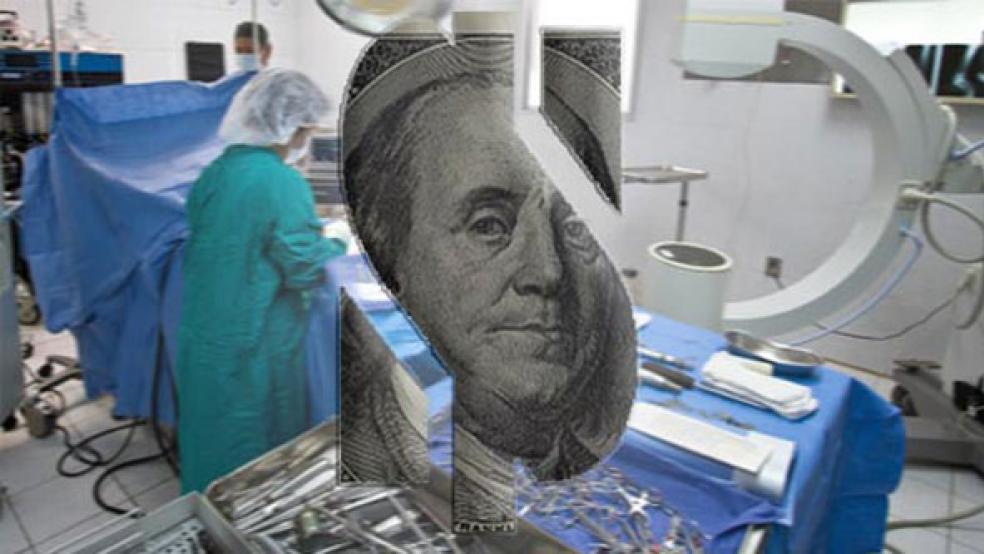Newly revealed federal audits show that some Medicare Advantage health plans have overcharged the government by millions of dollars.
The audits dating back to 2011 through 2013 were made available thanks to a multi-year Freedom of Information Act lawsuit by Kaiser Health News that was settled in September. Federal auditors reviewed the files of 18,090 patients and found overcharges of about $12 million, with some plans charging more than $1,000 too much per patient on average. Applying that rate to a broader range of Medicare Advantage plans suggests overcharges totaling roughly $650 million.
Officials at the Centers for Medicare & Medicaid Services say they plan to use the analysis to recover funds in the Medicare Advantage system, which is operated by large, private insurance companies. But the agency has failed to do so for nearly 10 years, and recently postponed the announcement of a final adjustment process for overcharges.
KHN’s Fred Schulte and Holly Hacker spoke to Ted Doolittle, a former CMS official who worked on fraud and billing abuse. “I think CMS fell down on the job on this,” Doolittle said, adding that the agency may be “carrying water” for the insurance industry, which is “making money hand over fist” from Medicare Advantage.
“From the outside, it seems pretty smelly,” Doolittle said.
One expert in expert in medical record documentation told KHN that overcharging, driven by insurance companies claiming that patients are sicker than they really are and thereby earning higher compensation for services, is “absolutely endemic” in the Medicare Advantage system. “I don’t think there is enough oversight,” the expert said.
The bottom line: Growing rapidly, Medicare Advantage now covers more than 28 million people at an annual cost of $427 billion and will soon cover the majority of the Medicare population. But questions remain about the government’s ability to monitor the system while protecting taxpayers from abuse.




